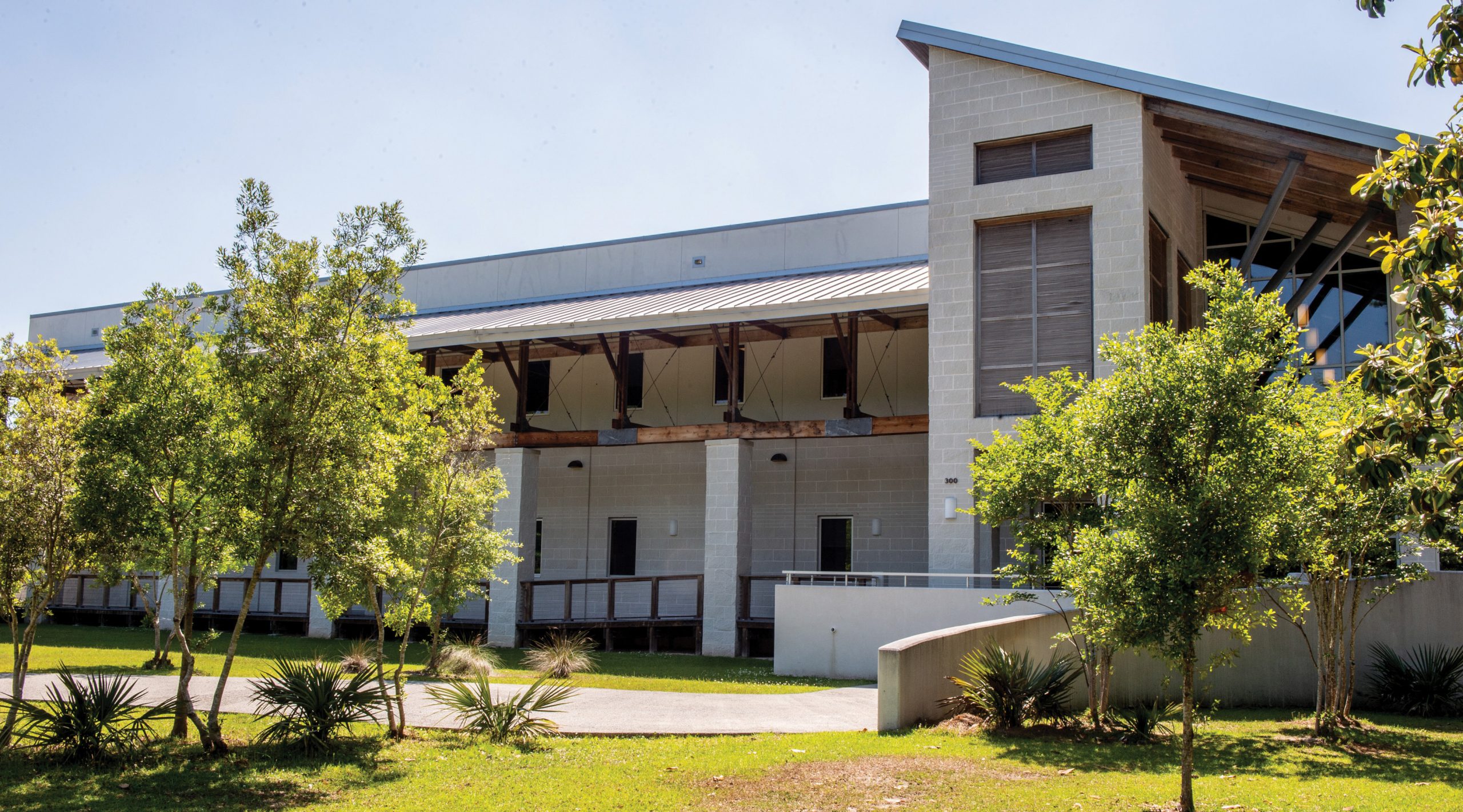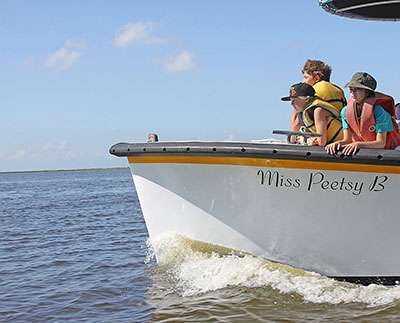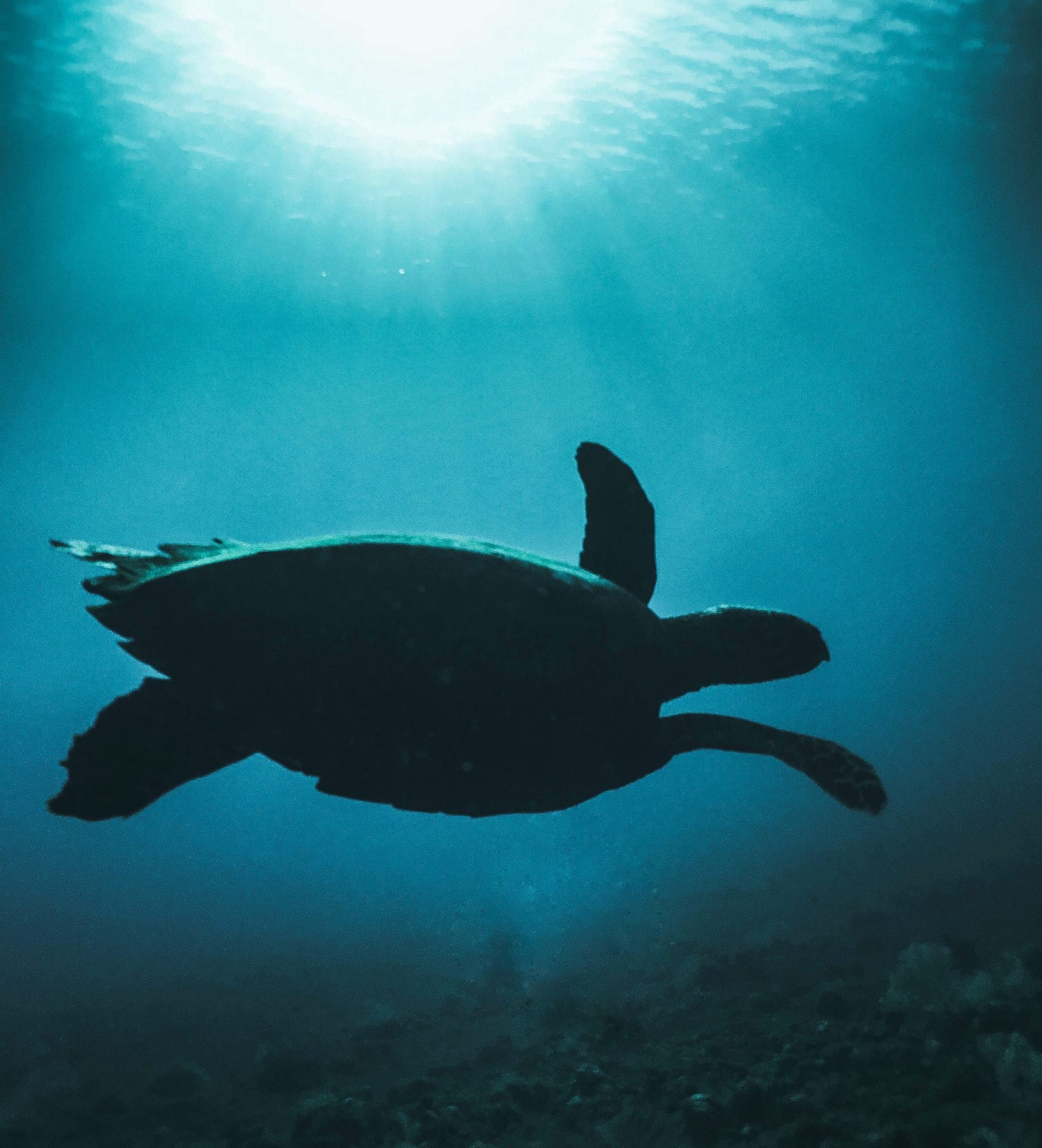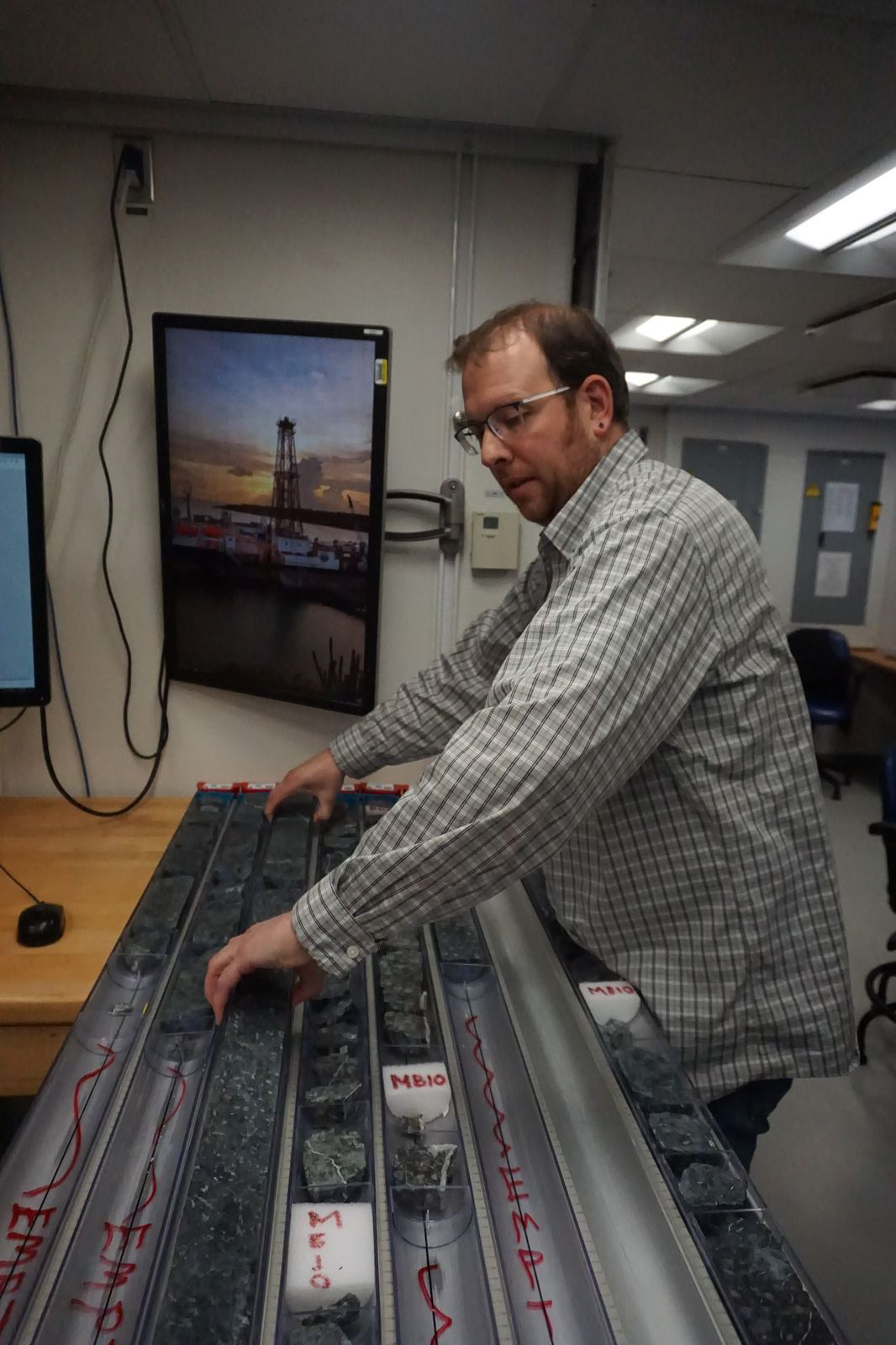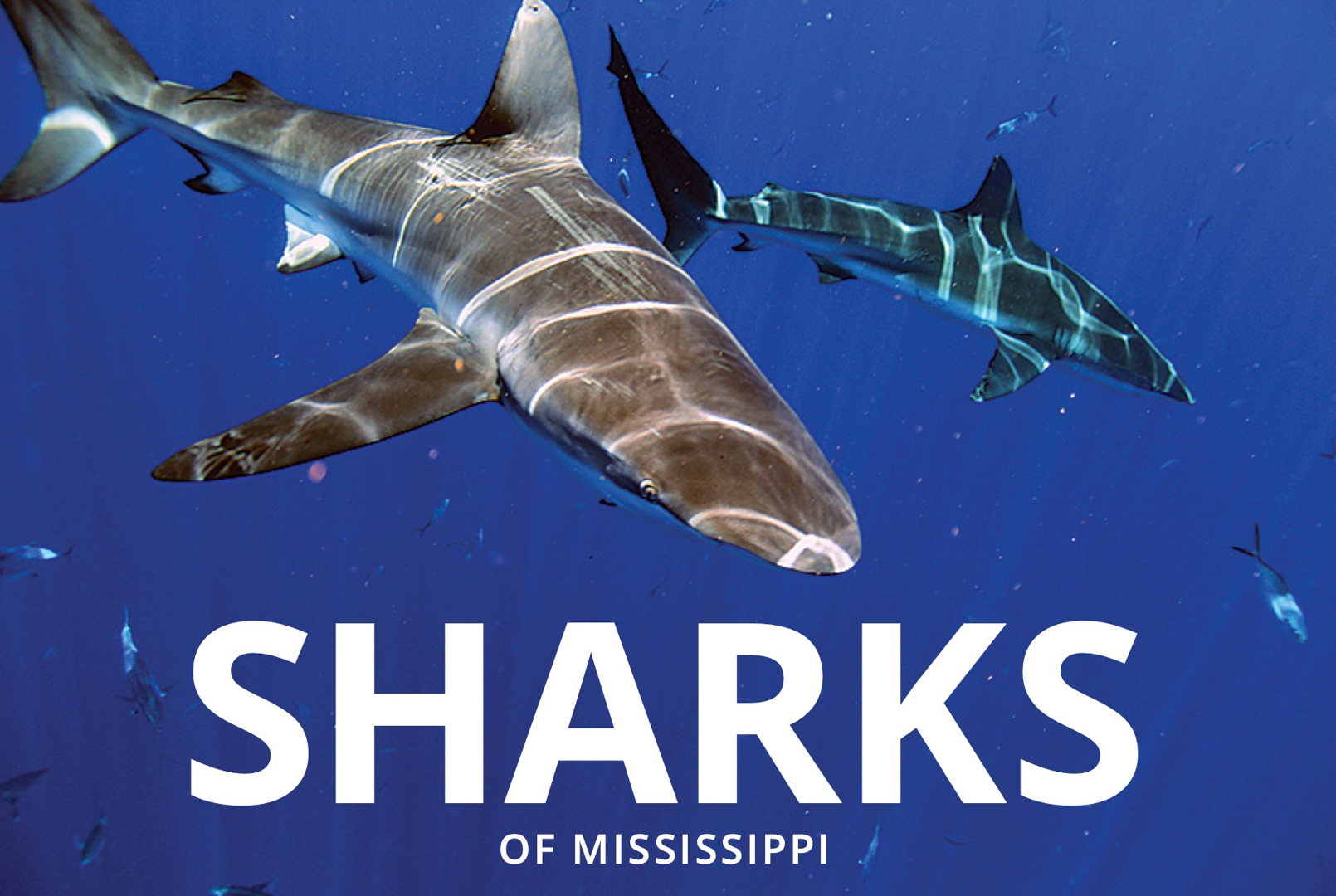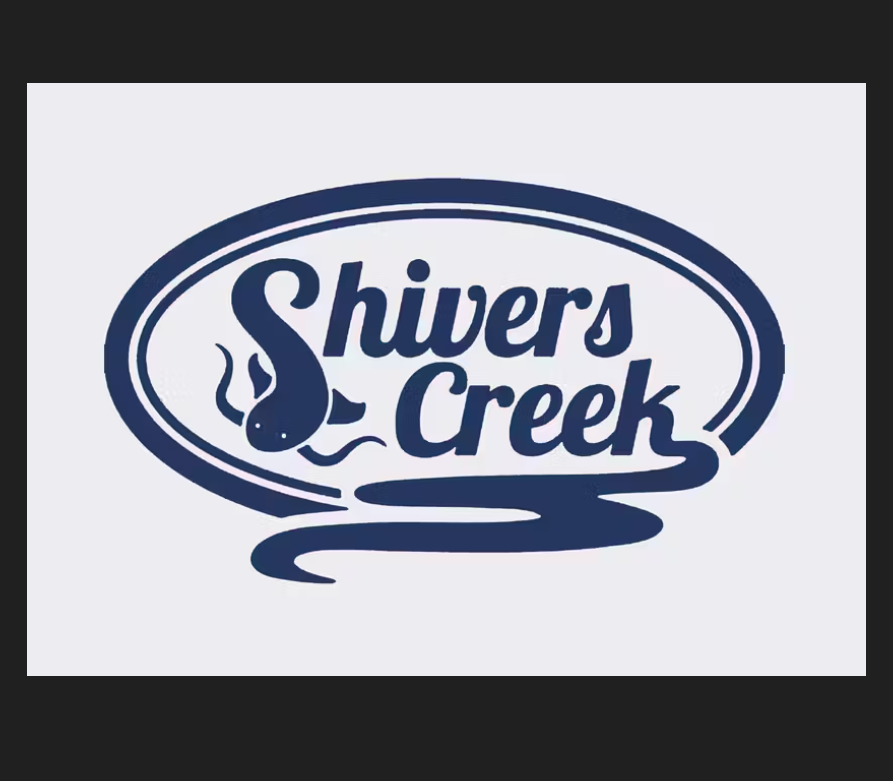The University of Southern Mississippi’s Thad Cochran Marine Aquaculture Center has been awarded a $100,000 grant from The Nature Conservancy as part of its Supporting Oyster Aquaculture and Restoration Shellfish Growers Resiliency Fund.
A total of $1 million in awards is being provided to shellfish farmers and aligned organizations across the United States who are raising the bar in the aquaculture industry on conservation, innovation, and diversity, equity, and inclusion. The Nature Conservancy is the world’s leading conservation organization.
The Thad Cochran Marine Aquaculture Center is located in Ocean Springs at the University’s Gulf Coast Research Laboratory. The center’s research focuses on alleviating the bottlenecks that constrain the production of marine species. TCMAC researchers work with industry, government, and non-profit organizations to advance sustainable aquaculture on land and in coastal and marine environments.
Associate Vice President for Research and USM Coastal Operations Dr. Kelly Lucas points out that the grant exemplifies the core work of the center by connecting industry, government, and non-profits to reduce barriers to marine aquaculture production, while helping to grow the blue economy.
“We are excited to have USM facilitate this collaboration and assist the oyster industry in developing a common vision to advance the industry and grow aquaculture in the Gulf of Mexico,” said Lucas.
The Resiliency Fund is a continuation of the hugely successful SOAR initiative, created by TNC in collaboration with The Pew Charitable Trusts, the U.S. National Oceanic and Atmospheric Administration, and the U.S. Dept. of Agriculture, to address the COVID-19 pandemic’s impact on the oyster aquaculture industry.
When the pandemic caused restaurants across the country to close unexpectedly, many oyster farmers found themselves unable to sell their product. SOAR was created to support struggling farmers by purchasing unsaleable live oysters for deployment on restoration sites.
Since its launch in October of 2020, SOAR has supported 125 shellfish farming companies and sustained over 450 jobs across seven states. The more than 3.5 million oysters purchased have helped rebuild nearly 40 acres of imperiled native shellfish reefs across 25 restoration sites.
Dr. Reginald Blaylock, Assistant TCMAC Director, serves as the Principal Investigator on the grant project. He emphasizes that this project will help the Center unite the diverse segments of the oyster industry in the Gulf of Mexico into an industry-driven association designed to develop the collaborative relationships among regulatory agencies, industry stakeholders, and academia necessary to develop a common vision for the industry.
“We thank The Nature Conservancy for recognizing the importance of the Gulf of Mexico oyster industry,” said Blaylock. “We look forward to developing these partnerships among the diverse stakeholders within the industry to facilitate a path toward a common vision for an industry with tremendous potential for contributing to sustainable growth of the blue economy and coastal resilience.”
While the oyster purchase program was initially geared towards solving the immediate challenges faced by farmers due to the pandemic, with markets recovering, the SOAR team is now focusing on building resiliency in the industry in order to mitigate the impact of future challenges.
Awards are being distributed to 37 projects across 16 coastal U.S. states to support initiatives that encourage diversity, equity, and inclusion in the shellfish industry; diversify products and marketing streams; encourage grower participation in marine conservation efforts; and enhance sustainability of farming operations.
Tom Mohrman, the Director of Marine Programs at The Nature Conservancy says that the project supports the Conservancy’s priority of restoring oysters in the Gulf of Mexico.
“This is an excellent way for people who are in the business to learn from each other and communicate between states and individuals. That communication will ultimately inform those who manage or regulate oyster restoration — including wild oysters and habitat,” said Mohrman.
To learn more about the Thad Cochran Marine Aquaculture Center at USM, visit: https://www.usm.edu/marine-aquaculture-center/index.php


